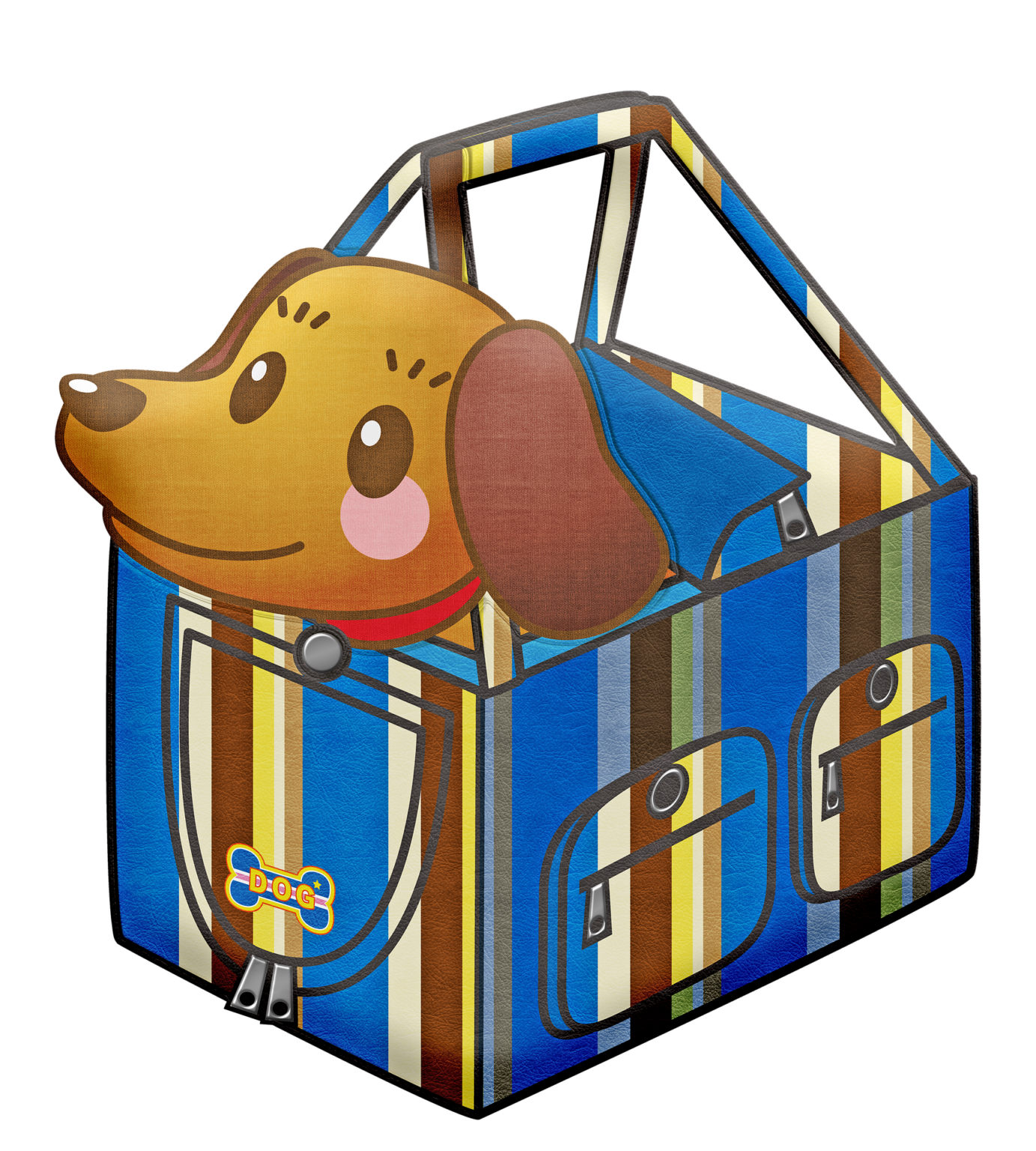Bringing Home Your Soletree Puppy
Congratulations on your Soletree Puppy! Your puppy has been planned, intentionally created and raised to have unlimited potential. But, raising a puppy is a lot of work. The first year will be filled with challenges and rewards while you grow the partnership you will enjoy for the life of your pet.
Here are some tips and ideas to help the transition into your home go smoothly.
Your Puppy Will Come With
- Food for two days
- Health / Vaccination Record
- Microchip
- Familiar toy
- 30 days Free full-coverage insurance through Trupanion
- Virtual puppy-manners training program

Before Arrival, To Purchase
- X-pen / collapsible fence (portable and easy to create a safe/secure spot)
- Crate (for a dog sized 19 inches and 30 lbs)
- Puppy food and treats
- Stainless steel dog dishes
- Leash and soft collar
- Pooh pick-up bags
- Portable dog water bowl to travel home with
- Puppy safe toys
- Grooming tools - a soft slicker brush and toothbrush and dog toothpaste to start
- Enzyme based cleaner for accidents
- Dog bed
Before Arrival, To Do
- Decide where puppy will sleep
- Where will puppy play safely?
- How will other pets be managed while they get to know each other?
- Where will puppy stay when you are busy?
- What vet will you use? Make first appointment.
- Who will groom your poodle? Arrange.
- Plan where you will walk your puppy (limited immune system until fully vaccinated at 16 weeks)
- Put things away temporarily that puppy might chew or ruin
- Remove safety hazards (cords, cleaners, noxious plants, choking hazards) from puppy area
- Sign up for the Virtual Training Program details
House Breaking Tips
- Your puppy does not have any ability to hold it yet. Those muscles will grow and develop over time
- Your puppy will need to go after every time she wakes up, eats, drinks, or every 30 minutes of wakeful time
- Your puppy won't be able to make it through the night until about 12 weeks
- Don't get puppies in trouble for mistakes, praise when they get it right is all you'll need
- Consistency is the name of the game, and time
- Watch your puppy closely at all times while awake. You will quickly learn their signs of having to go, usually circling, sniffing, or moving away from play suddenly
- Harness the power of the crate - your puppy will naturally not want to soil its sleeping area.
The First Weeks
- Be in touch with our trainer Chris to set up your one month free (virtual) dog training course with her. Customized for your life and situation, she is at your service for one month (price included in purchase)
- Build trust and comfort through touch and attention
- Remember your puppy isn't fully vaccinated yet - stay close to home and avoid other dogs and dog parks for now
- Routine is important, feed two or three times a day at the same time and designate a bathroom area and bring your puppy there often
- Designate a sleeping area (a crate works well) where you can hear when your puppy needs out. Crying is normal as your puppy adjusts. Expect some interrupted sleep initially
- Supervise other pets and kids with your puppy, don't assume everyone will know how to play together safely right away
- Planning is important. Decide ahead of time how to react to unwanted behaviors
Some Ideas Around Leadership
- Above all else, puppies need a leader. What does this practically mean? How is a person to be a leader for a dog? A leader in this case is someone who:
- Is consistent with expectations
- Is Fair (for example, does not punish a puppy or use harsh tatics)
- Protects them (from other people and animals and unsafe situations. A puppy's confidence will grow when it knows you have control of thier environment and introduce places and faces in a measured way)
- Devotes time to training and learning together.
- Is confident and prepared to set boundaries proactively as an act of caring, not punishment
Puppy Excersie
Puppies have a lot of energy (more than adult dogs) but it is important to note that it comes on quick and burns up just as fast. Puppies also sleep A LOT!
Puppies can not go on long walks. Their little growing bodies are suited for fast spurts and long periods of sleep. A general guideline is 5 minutes of walking per month of age…so a 3-month-old puppy should be able to comfortably walk for 15 minutes, a 4-month-old for 20, etc. Stamina will grow as they do. Please be mindful not to over-exert your puppy, keeping in mind their age, stage, and the outside temperature when planning activity.
Manding
Have you heard of manding? It is a concept I use all the time with my puppies and is a powerful tool. Manding helps shape a young puppy’s mind into a curious and willing student of life. It helps to accelerate the unspoken connection we have with our dogs over time by encouraging them to seek out what is right. It harnesses their desire to communicate and gives the puppy a way of communicating. So what is manding when it comes to puppies?
In simple terms, as it relates to puppies, manding is the puppy asking you for something. When it comes to training, we think of a puppy doing what we ask it to do…with manding, it starts with the puppy doing something we want without asking and rewarding them for it. You likely already do it, for example, a dog learning to paw you to indicate it wants a pat. The dog is manding. You did not ask the dog if it wanted to be pat, it ask you and you reinforced the behaviour by rewarding it with a pat. Manding is just that. Catching your puppy doing something right and then praising it to reinforce the behaviour.
Some examples to clarify: I catch my puppy looking up at me during play…I respond with an excited “Yes!” and a treat. This will lead to my adult dog often checking in with me during play. Catching my puppy sitting at my feet…again with a “yes!” and treat and a pat. This will lead to my adult dog sitting quietly to get a pat. The same if my dog lays at my feet, asks to go out by sitting at the door, voluntarily drops a toy at my feet. By reinforcing these desirable behaviours, or mands, I am showing my puppy which actions will communicate with me. My puppy is is learning without ever being ‘taught’. This concept is especially potent with poodles, who are inherently inquisitive pleasers.

